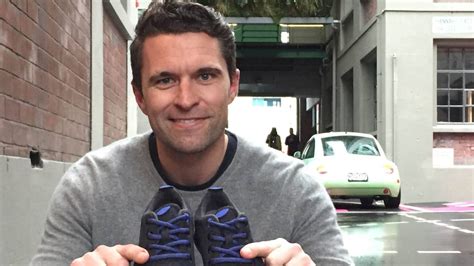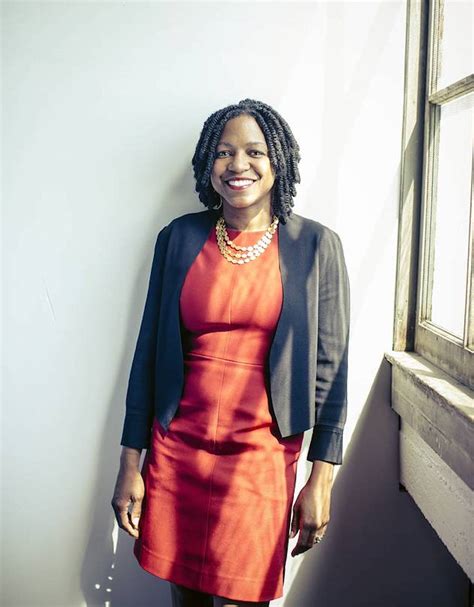A Quote by Tim Brown
Part of maintaining a thriving creative culture is giving people time and permission to play.
Quote Topics
Related Quotes
Women have been trained in our culture and society to ask for what we want instead of taking what we want. We've been really indoctrinated with this culture of permission. I think it's true for women, and I think it's true for people of color. It's historic, and it's unfortunate and has somehow become part of our DNA. But that time has passed.
A free culture supports and protects creators and innovators. It does this directly by granting intellectual property rights. But it does so indirectly by limiting the reach of those rights, to guarantee that follow-on creators and innovators remain as free as possible from the control of the past. A free culture is not a culture without property, just as a free market is not a market in which everything is free. The opposite of a free culture is a "permission culture" -- a culture in which creators get to create only with the permission of the powerful, or of creators from the past.
I feel very grateful that for some reason I was raised to believe that I had permission to explore the creative world. I'm very aware of what a privilege that is, because most people don't grant themselves that permission, and I really think that's the only thing that separates people that call themselves artists from the rest of the world. It's suspending self-judgment for long enough to do something expressive.
I think there ought to be some serious discussion by smart people, really smart people, about whether or not proliferation of things like The Smoking Gun and TMZ and YouTube and the whole celebrity culture is healthy. We've switched from a culture that was interested in manufacturing, economics, politics - trying to play a serious part in the world - to a culture that's really entertainment-based. I mean, I know people who can tell you who won the last four seasons on American Idol and they don't know who their [bleeping] Representatives are.



































